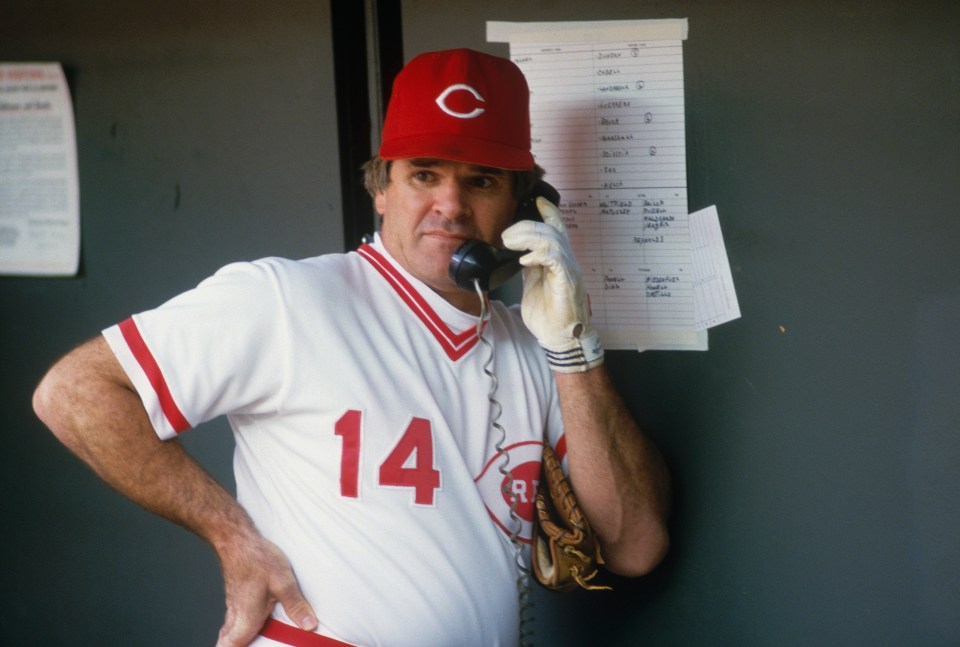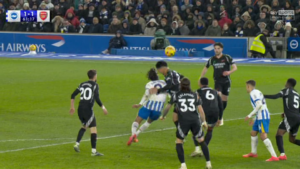It was a historic and shocking announcement made by Major League Baseball.
Commissioner Rob Manfred removed Pete Rose, ‘Shoeless’ Joe Jackson, and a few other deceased players from the permanently ineligible list for the Baseball Hall of Fame.

“Obviously, a person no longer with us cannot represent a threat to the integrity of the game,” Manfred said.
“Moreover, it is hard to conceive of a penalty that has more deterrent effect than one that lasts a lifetime with no reprieve.
“Therefore, I have concluded that permanent ineligibility ends upon the passing of the disciplined individual.”
And while most people know Rose and his story, not many know Jackson’s.
Rose garnered the headlines. After all, he is MLB’s career leader in hits, games played, and at-bats, along with winning three World Series championships.
But it is Jackson who may have the wilder story.
Both legends were slammed for gambling on games they were a part of, but it was Jackson who did it on the sport’s biggest stage.
The scandal that became simply known as the Black Sox Scandal.
During the 1919 World Series between the Chicago White Sox and Cincinnati Reds, Jackson, along with seven other of his White Sox teammates, were accused of intentionally losing in exchange for payments from a gambling syndicate.
The Reds defeated the White Sox in a best-of-nine series, five games to three.


Jackson reportedly accepted $5,000 in cash to throw the entire series, but still batted .375, made zero errors, and had the series’ only home run.
Make of that what you will.
The eight members of the White Sox accused of throwing the series were acquitted two years later in 1921, however, newly minted MLB commissioner — the sport’s first, Kenesaw Mountain Landis — permanently banned all of them from professional baseball.
The Baseball Hall of Fame also banned them from consideration.
The punishment remained in place for more than 100 years, until Manfred finally lifted it this week.
And there is now a strong, surefire case for Jackson to go into Cooperstown and take his place with the sport’s greats.

Jackson passed away in 1951, but 74 years later will now have his best shot.
The former Major Leaguer had a career batting average of .356, which is the fourth highest in MLB history.
Upon his death, there were numerous campaigns to get him into the Hall of Fame posthumously.
He had been considered for decades by voters, but was simply ineligible.
That is no longer the case.
For the man who once took off his cleats due to blisters, and played barefoot, earning the nickname ‘Shoeless’, he will now get his fair shot for consideration into the Hall.
Rose, who passed away last September, always had a feeling he would make, one way or another.
Just 10 days before his death, Rose gave his last interview to sportscaster John Condit and predicated what he believed would come of his baseball future.
“I’ve come to the conclusion — I hope I’m wrong — that I’ll make the Hall of Fame after I die.
“Which I totally disagree with, because the Hall of Fame is for two reasons: your fans and your family. … And it’s for your family if you’re here. It’s for your fans if you’re here. Not if you’re 10 feet under.
“You understand what I’m saying? What good is it going to do me or my fans if they put me in the Hall of Fame a couple years after I pass away?
“What’s the point? What’s the point? Because they’ll make money over it?”
In a cruel twist of fate, Rose looks to be right. Now that his lifetime ban is lifted, there’s a good chance he gets into the Hall.
Along with Jackson.
Unfortunately for them, it’s too late.



